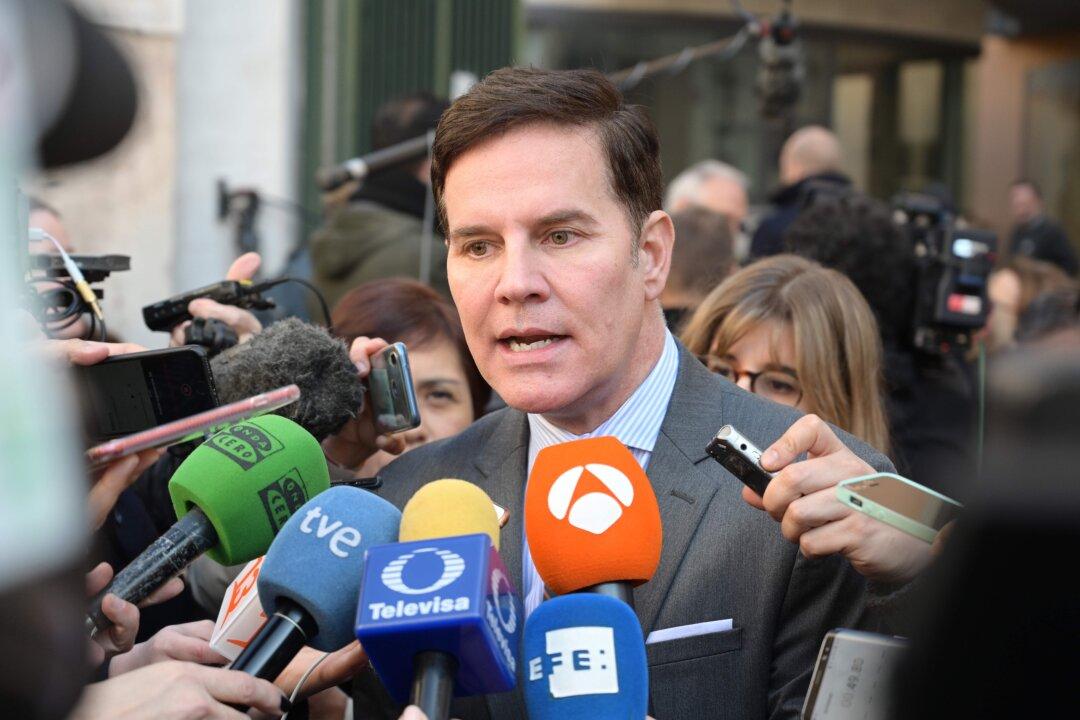Clergy sexual abuse victims pressed to meet Pope Francis on Feb. 20 in a bid to push the Catholic church to employ a zero-tolerance policy that would include the dismissal of bishops who covered up such crimes.
One day before a planned summit by Francis to discuss how to combat the global sexual abuse crisis, 12 victims met up with five Vatican officials to talk through ways to combat the problem in a meeting that lasted over two hours.





